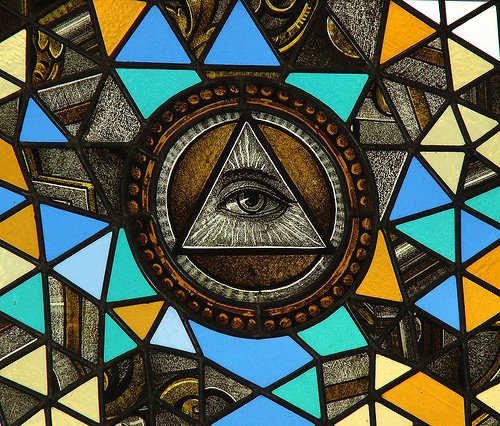Resisting the urge to say "I told you so" (too many times) I'd like to have a look through this posting, as I think it exemplifies some of the things that concern me about the state of drug legislation as it stands.
NB: I'll use this default font for my comments, anything in Arial is from the original posting. To make it yet clearer, I've turned their words green as well - voila. I've also cut the posting down to the elements I wanted to comment on. I'll use ellipses to point out where I've done that.
These plants are legal in New Zealand and have a history of use in herbal and entheogenic preparations and are independently tested to ensure that no controlled cannabinoids are present.
This just re-emphasises my point that until we have a coherent framework for the legality of recreational psychoactive drugs, we're going to see retailers and lawmakers continue this slightly ludicrous dance: new product skirts the law, gains general public attention via moral panic, and is banned. Rinse, repeat.
That said, if Cosmic have adopted a more rigorous testing regime for their products generally, we'll be much less likely to see people being dosed with things they didn't expect - which is a small step forward.
...
Made from Sinicuichi and extracts of natural herbs with a history of use in herbal and entheogenic preparations, Monster Mash is a smoking solid. Smoke on its own or mix with tobacco or herbs and then incinerate.
Again, this just ticks boxes on the "not breaking the law - just!" chart. It also references the old "herbal" tag, which seems to be attached to these kinds of products as a guarantor of safety. You know Deadly Nightshade is a herb, right?
That aside, the "herbal" tag is often another way of saying "like pot, but legal". If this is the case (as in, it's tickling the same receptors in your brain) it once again begs the question why this stuff should be legal and regular old cannabis should not. This is the sort of problem that the Law Commission's recommendations fix - by ranking drugs according to their relative harmfulness, you find that things with similar effects would fall into the same categories.
That aside, the "herbal" tag is often another way of saying "like pot, but legal". If this is the case (as in, it's tickling the same receptors in your brain) it once again begs the question why this stuff should be legal and regular old cannabis should not. This is the sort of problem that the Law Commission's recommendations fix - by ranking drugs according to their relative harmfulness, you find that things with similar effects would fall into the same categories.
It’s a solid, so it packs a big hit that lets you get loose, leaving you lucid and looking for a good time.
The subtle, mellow aroma makes this a great smoker when out on the town. Unlike certain alternatives, people won’t ask about that ‘funky smell’. The aroma is subtle ...
The thing that strikes me about this is the promotion of this substance as suitable for clandestine use. Generally speaking, people only use a substance in a clandestine way if a) it's illegal or b) their use of that substance is problematic, and they're trying to conceal it. It is of course possible for both of these to be true. The thing that concerns me is that when a given substance is used in a clandestine way, it makes it harder to distinguish whether a person's use of that substance is problematic or not. Clandestine behaviour also invites suspicion, which (I strongly suspect) will tend to make the subject of the suspicion behave more sneakily. This is not a particularly healthy dance to be doing either.I think this is probably a result of the continuing "grey market" status of these products. Because they're only legal on sufferance (by comparison with more established recreational drugs like alcohol) there's still this tendency to want to conceal what's going on. While Cosmic appear a lot more open that Stargate International were over the Kronic problem, there does seem to be a similar attitude here. I think the only way to fix this is for products like this to have a clear legal status: unambiguously illegal or equally unambiguously permissible. As I've stated in previous posts, I'm not sure how that can happen under the current muddled framework.
Take care not to over indulge. Set and setting are key.
Use your brain and learn from the experience.
I just thought I'd try to end on a heartening note here. With the exception of products with illegal additives, the reason these novel psychoactives end up sending people to the emergency room is that people take far too much, in unwise combinations with other drugs (particularly alcohol). I suspect that experience-culture has a part to play here as well. No responsible drinker would recommend that someone down a bottle of vodka in one, and I suspect that other drugs will have their own attendant experience-cultures which hold knowledge about what's wise and what's acceptable. Novel drugs obviously don't have a culture like this, and it's a refreshing sign of accepting some responsibility for their products that Cosmic appear to be attempting to institute one.
Whether they've done enough, of course, remains to be seen.
